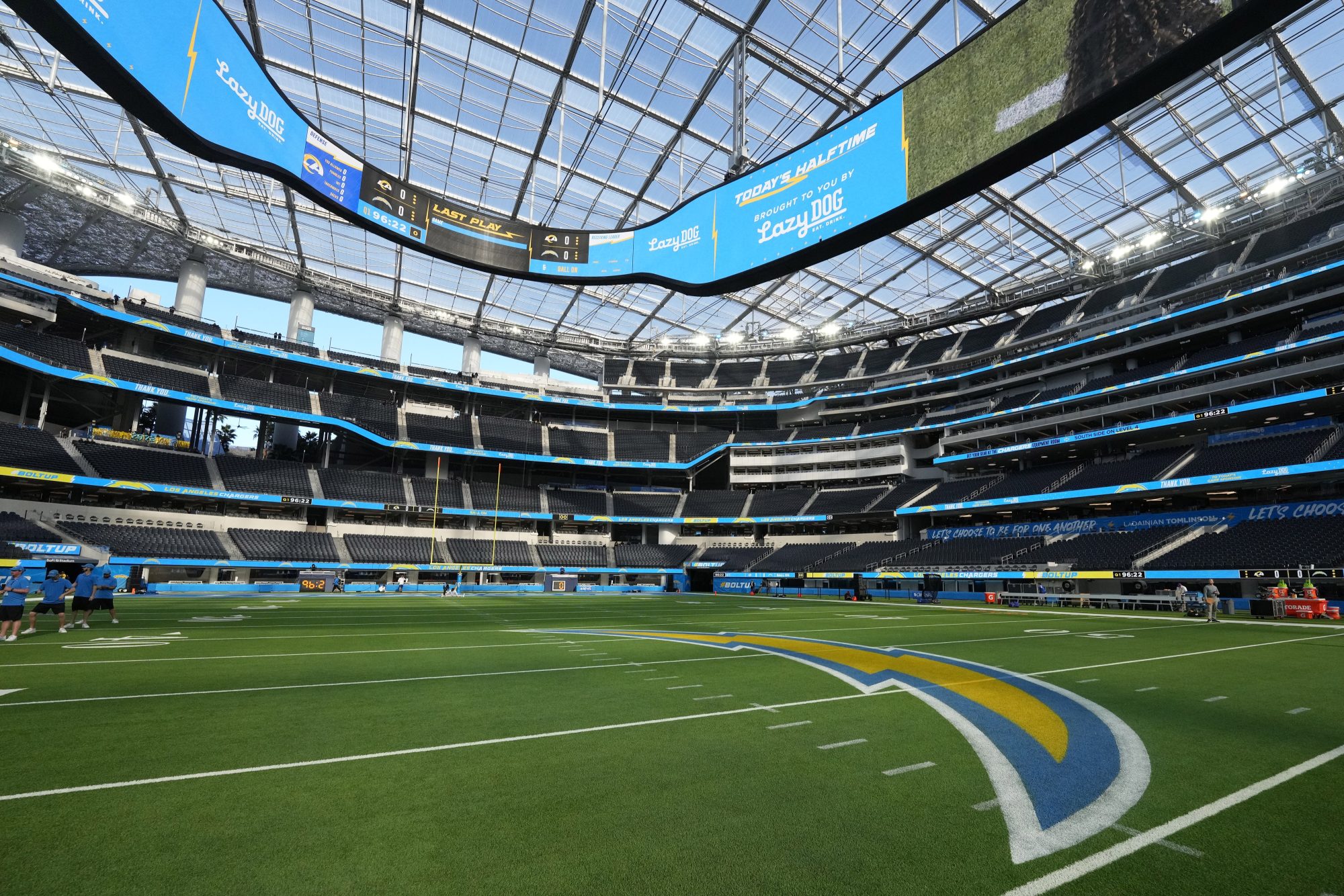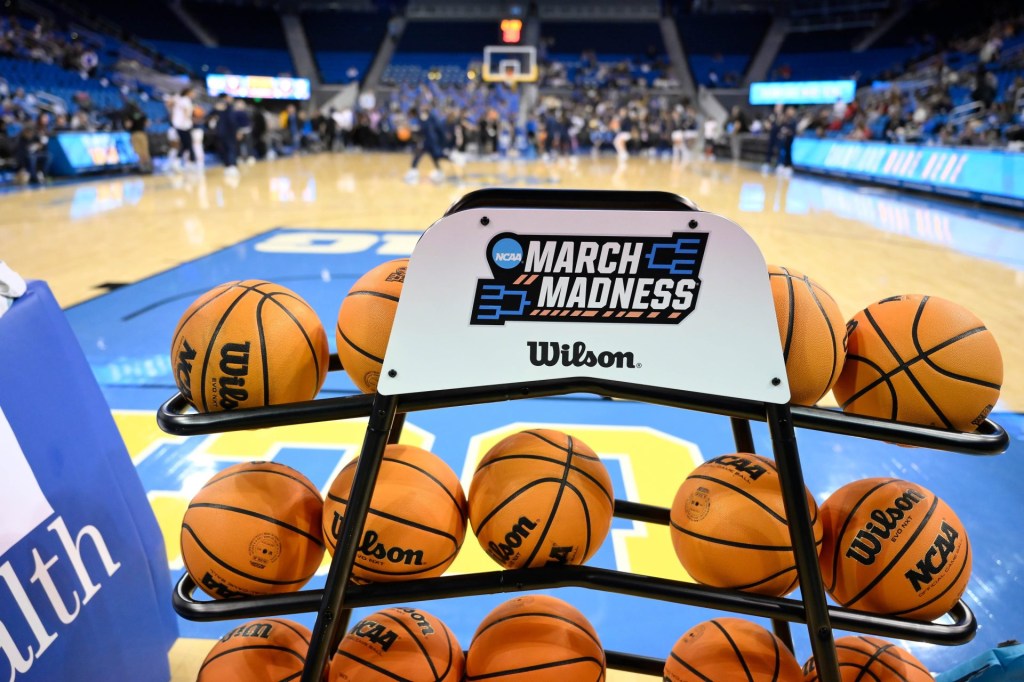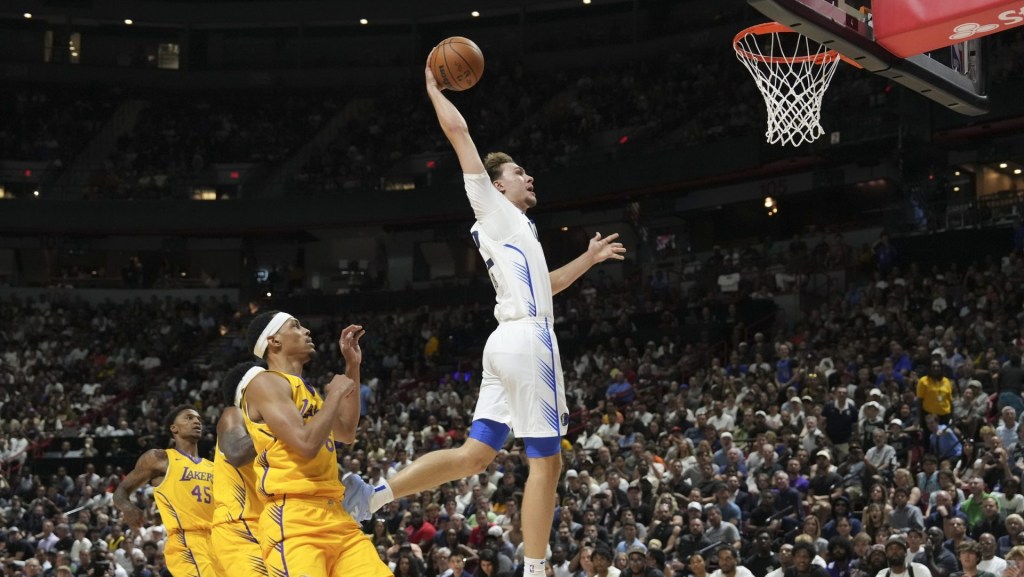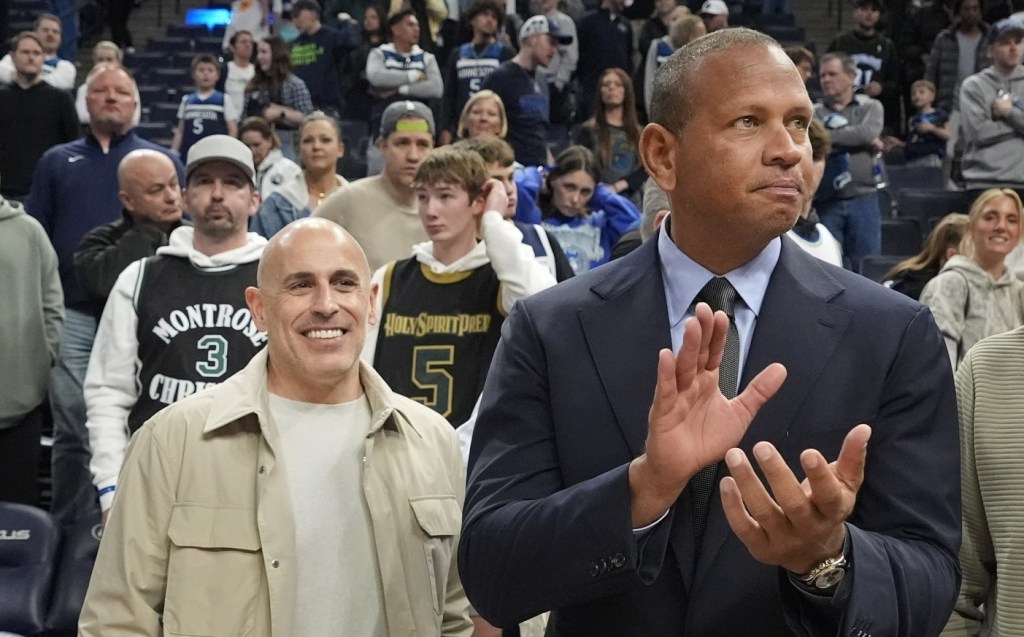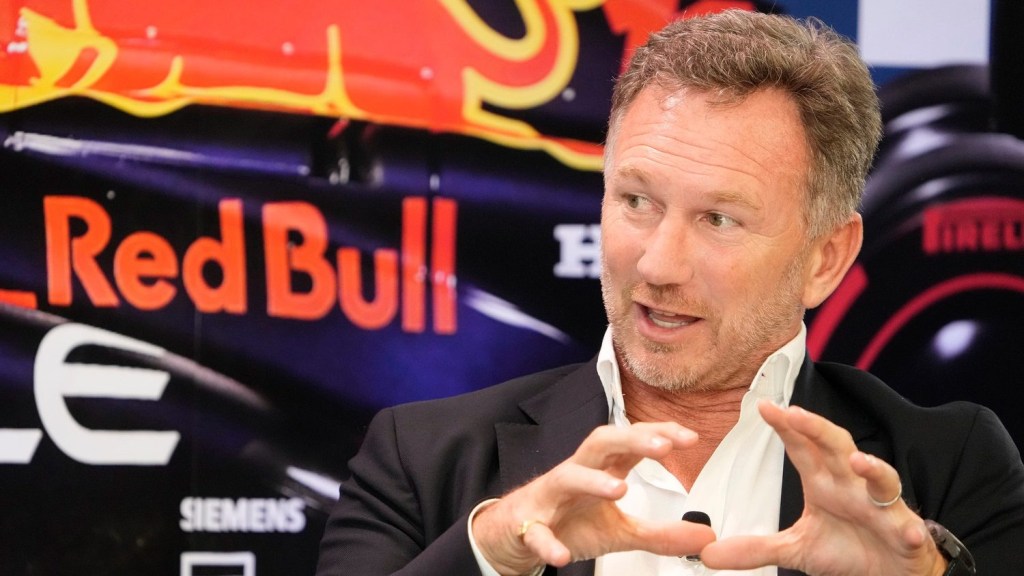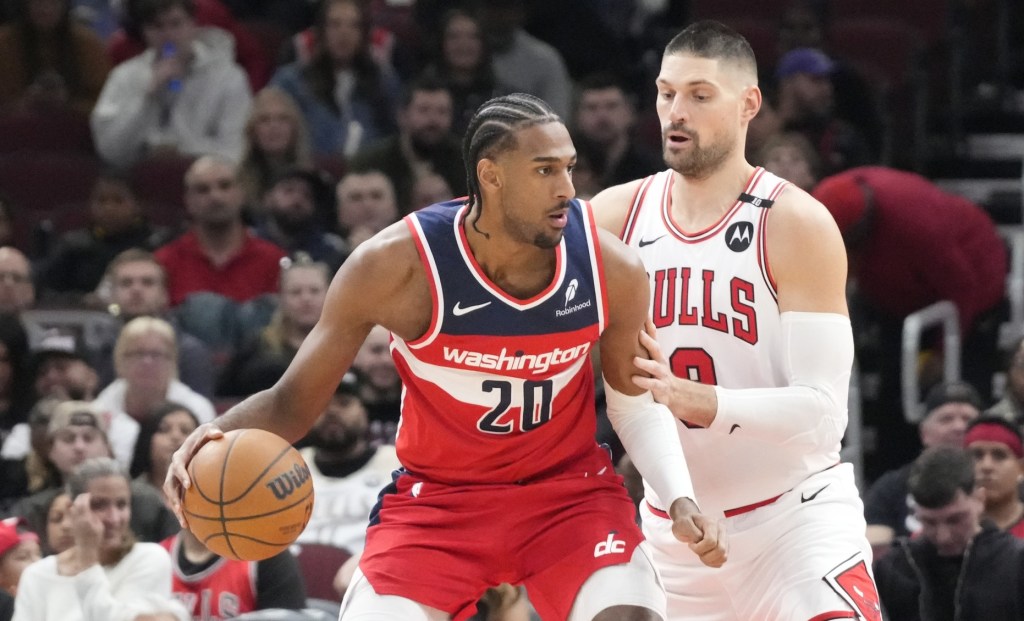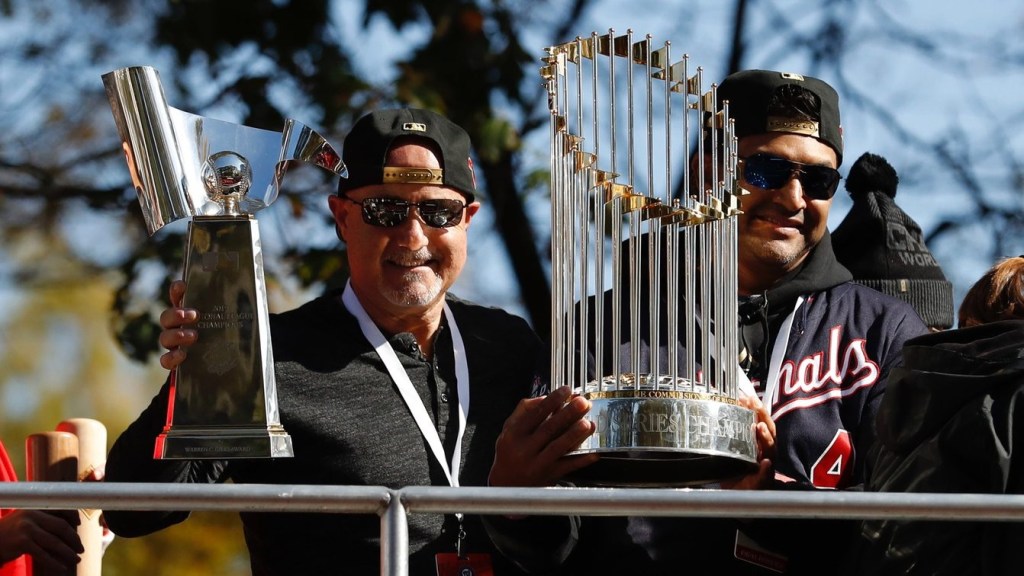The Los Angeles Chargers’ ownership is pushing back on a widely held perception that the club doesn’t have, or at least isn’t willing to spend, the same amount of money on coaches, front office staff, and team facilities as many of its NFL counterparts.
“I want to know where narratives come from,” John Spanos, the Chargers’ president of football operations, said in his first public comments since firing head coach Brandon Staley and general manager Tom Telesco. (Spanos is the son of Chargers controlling owner Dean Spanos.)
Heading into last offseason, Sean Payton was rumored to be interested in becoming the Chargers’ coach if there was an opening, but insiders such as ESPN’s Adam Schefter doubted Los Angeles would be willing to pay the price required. Payton ended up signing a contract worth roughly $18 million with the Denver Broncos, potentially four to five times more than the $4 million Staley is believed to have been making.
In January, former Chargers coach Anthony Lynn took a perceived shot at the team while talking about his new role as an assistant coach with the San Francisco 49ers.
“This organization will do whatever it takes to win,” he said. “Resources out the [ears]. That was different for me compared to what I was going through in L.A. So it’s just like, man, this is what it’s supposed to be like.”
On Monday, John Spanos pushed back against perceptions of his franchise, specifically mentioning a goal top give Chargers quarterback Justin Herbert “all the resources to help him.” Spanos also claimed there have been no internal discussions about a max salary for a new coach and GM. “I’ve never felt any or seen any limitations because of cash or any other reason,” he said.
The Chargers ranked 25th (out of 32) on Forbes’s 2023 list of NFL team valuations, at $4.15 billion. The team pays $1 in rent annually to play at SoFi Stadium after contributing $200 million (from the league’s G4 stadium financing loan program) to construction of the $5 billion venue owned and operated by Los Angeles Rams owner Stan Kroenke, who benefits from the vast majority of that stadium’s revenue.
